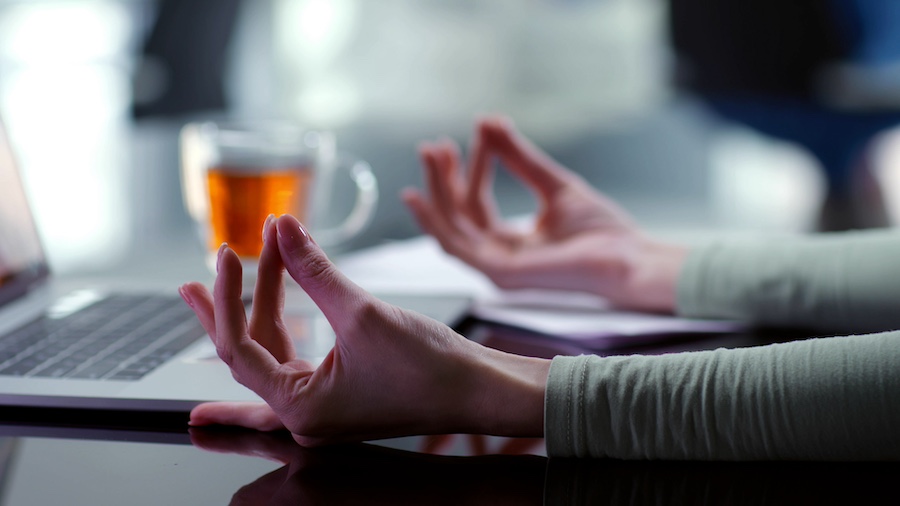Your Crisis Well-Being Toolkit
By Mark Mohammadpour, APR, Fellow PRSA
May 2024
Defining a crisis in the PR profession can vary wildly. From a self-inflicted typo in an email, to a multimonth tragedy, we are trained to be prepared, own the message, speak with a single voice and to master other best practices.
As crisis communications experts, a lot of pressure is put on us to deliver. And that pressure often causes a lot of stress, which impacts our physical and mental well-being. Hours of sleep and exercise might decrease, while our caffeine and alcohol intake might increase.
What we neglect, however, are the core needs we need to ensure that we’re implementing throughout any crisis. We must ensure our well-being remains a priority, so we show up for ourselves, our teams, and publics.
These recommendations may seem rudimentary, but they are in fact often overlooked for our bodies and minds. These activities are totally within your control, and include:
Hourly
- Implement the 4-7-8 breathing technique. Once every 1-2 hours, sit in a chair with your back straight, inhale through your nose for a count of four, then hold your breath for seven counts and finally exhale through your mouth for an eight count. Conduct this exercise for a total of four times.
- Stay hydrated. No matter your role, but especially if you are a spokesperson constantly speaking with the media, it’s important to consume at least one glass of water per hour.
- Stand up. Sitting all day leads to leg swelling and cramping. Blood circulation by standing up is critical to deliver nutrients and oxygen throughout the body.
Daily
- Talk to someone outside of work. During a crisis, it’s easy to focus on work all the time, so find a friend, family member or mental health professional to talk to daily. These can be serious conversations, these can be opportunities to vent, ask questions or laugh, all with the goal to — for a few moments — mentally separate yourself from work.
- Outsource your meal preparation. Some people might experience a crisis and not eat at all, while others might compensate stress situations by overeating. Both are unhealthy. Outsource your meal preparation through healthy meal delivery. Included in that should be options to ensure that alternatives to caffeine and alcohol are readily available.
- Take a gratitude walk. If possible, then leave the phone behind and take a 10–15-minute walk. This is your time to process what you’re grateful for, remain grounded and find confidence to continue to take on this challenge.
Weekly
- Journal your experience. This is especially important if you’re going through a lengthy crisis. Take a few minutes to write down thoughts on your experience. You will want to revisit these thoughts in the years to come. This will also be important for your career well-being, whether that’s for performance reviews or submitting award entries.
- Plan your getaway. You deserve time away. Take that well-deserved vacation when things slow down. Don’t wait for it to be over.
Finally, start implementing these recommendations before your next crisis. As we constantly prepare for the next crisis on the professional front, keeping these as part of your daily habit will make it much easier for your well-being going forward.



